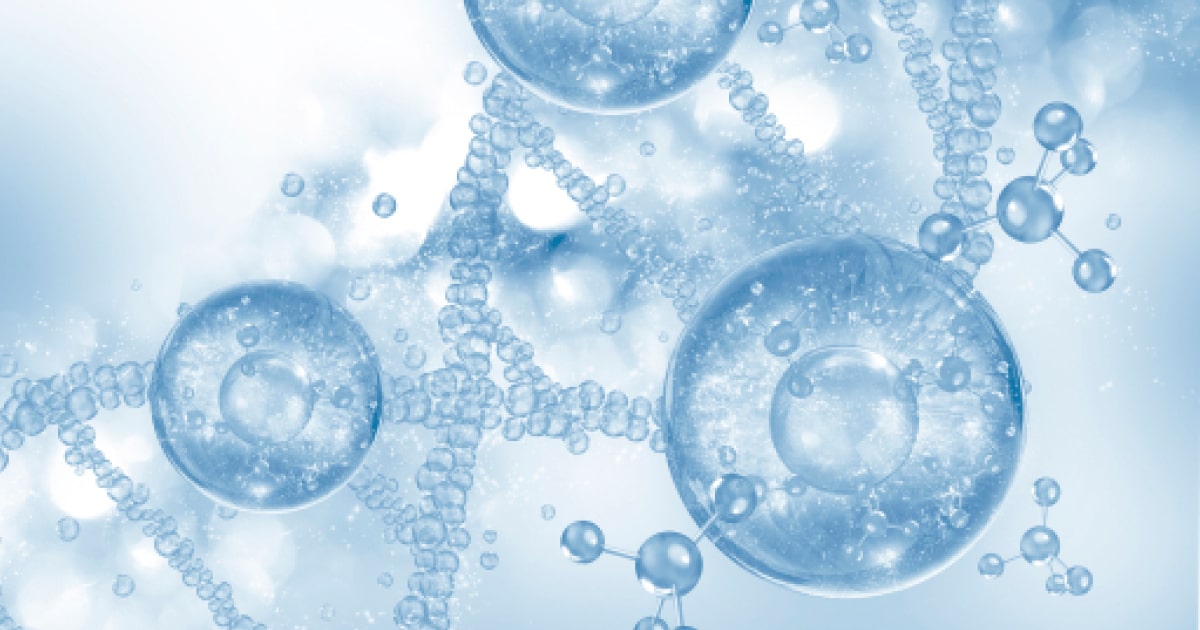
Expert Reviewed By: Dr. Brandon Colby MD
Male infertility is a complex issue that affects millions of couples worldwide. One of the major causes of male infertility is azoospermia, a condition where no sperm cells are present in the ejaculate. Azoospermia can be classified into two types: obstructive and non-obstructive. In this article, we will focus on non-obstructive azoospermia (NOA), a form of male infertility that is often idiopathic, meaning the cause is unknown. Recent research has shed light on the genetic factors contributing to NOA, offering new insights into potential diagnostic and treatment options.
Understanding Non-Obstructive Azoospermia
NOA is a complex disorder that can result from various genetic and environmental factors. While some cases of NOA can be attributed to hormonal imbalances, testicular injury, or exposure to toxic substances, many cases remain idiopathic. In recent years, researchers have turned to genetic testing to better understand the underlying causes of NOA and identify potential biomarkers for male infertility.
Diagnosing NOA: The Role of Genetic Testing
Genetic testing has emerged as a valuable tool in the diagnosis and management of NOA. By analyzing the DNA of affected individuals, researchers can identify genetic variants and mutations that may contribute to the development of the disorder. Several recent studies have uncovered novel genetic variants associated with NOA, providing new insights into the genetic landscape of this complex condition.
Identifying Novel Genetic Variants in NOA Patients
A recent study focused on Chinese patients with idiopathic NOA identified novel genetic variants that could potentially improve genetic counseling. By analyzing the genetic profiles of these patients, researchers were able to expand the variant spectrum associated with NOA, offering new insights into the genetic factors contributing to the disorder.
Discovering a Homozygous Mutation in the MSH4 Gene
Another study reported a novel homozygous stop-gain mutation in the MSH4 gene associated with NOA and meiotic arrest during spermatogenesis. This finding provides further evidence of the role of genetic factors in the development of NOA and highlights the importance of genetic testing in the diagnostic process.
Analyzing Genetic Alterations for Potential Biomarkers
A bioinformatic study analyzed genetic alterations in azoospermia patients to identify potential diagnostic biomarkers for male infertility. This research offers valuable insights into the genetic landscape of NOA and could help guide the development of more targeted diagnostic and treatment strategies.
Identifying DDX3Y as a Key Spermatogenic Factor
A recent study identified DDX3Y as the key spermatogenic factor in the AZFa region, which is associated with NOA. This finding suggests that screening for DDX3Y variants should be included in the diagnostic workflow for NOA, potentially leading to more accurate diagnoses and personalized treatment plans.
Using Genetic Testing to Improve Patient Outcomes
As our understanding of the genetic factors contributing to NOA continues to grow, genetic testing is becoming an increasingly important tool in the diagnosis and management of male infertility. By identifying novel genetic variants and mutations, researchers can better understand the underlying causes of NOA and develop more targeted diagnostic and treatment strategies. As a result, genetic testing has the potential to significantly improve patient outcomes and help millions of couples overcome the challenges of male infertility.
About The Expert Reviewer
Dr. Brandon Colby MD is a US physician specializing in the personalized prevention of disease through the use of genomic technologies. He’s an expert in genetic testing, genetic analysis, and precision medicine. Dr. Colby is also the Founder of and the author of Outsmart Your Genes.
Dr. Colby holds an MD from the Mount Sinai School of Medicine, an MBA from Stanford University’s Graduate School of Business, and a degree in Genetics with Honors from the University of Michigan. He is an Affiliate Specialist of the American College of Medical Genetics and Genomics (ACMG), an Associate of the American College of Preventive Medicine (ACPM), and a member of the National Society of Genetic Counselors (NSGC)